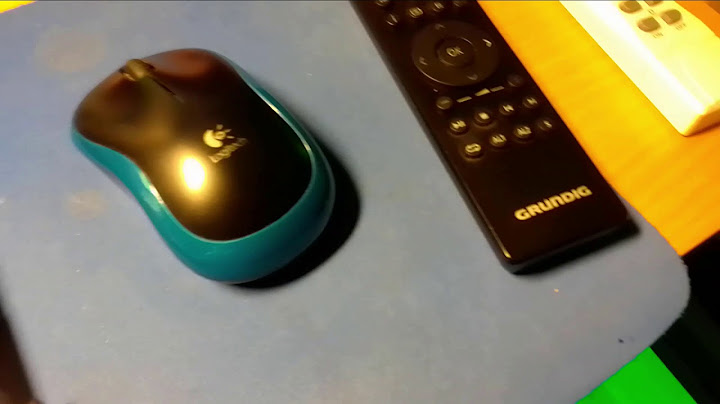Show
Making any lifestyle change can be challenging. Many people find that having a goal in mind gives them something to work towards, motivates them to stay on track and provides a measure of how well they are doing.If you’re trying to become more physically active, realistic, well-planned goals keep you focused and motivated. Ensure you read through the pre-exercise self-screening before you embark on a physical activity or exercise program, particularly if you are over 40 years, overweight, haven’t exercised in a long time or suffer from a chronic medical condition. Setting physical activity goalsSeveral key principles can be applied to help you set your physical activity goals. These include:
Pinpoint your ultimate fitness goalSuggestions include:
Find out how to achieve your ultimate fitness goalOnce you have decided on your health and fitness goal, you need to consider how you will reach that goal. Different fitness goals require different approaches. For example, weight loss requires you to regularly burn more kilojoules than you consume. An effective strategy may include:
Set small, specific fitness goalsYou are more likely to reach your ultimate goal if you break it down into small, short-term mini-goals. Short-term goals are specific, daily actions or behaviours that lead you to your ultimate goal. Suggestions include:
Monitor your physical activity regularlyMake your mini-goals measurable. Decide how you are going to monitor your progress and record every detail in a training diary. Suggestions include:
Adapt your physical activity to changing circumstancesLife can interrupt your training schedule. Suggestions for adapting to such changes include:
Physical activity – don’t be too hard on yourselfSometimes, you may find that your fitness goal is too ambitious. For example, maybe you are losing 0.5 kg a week instead of 1 kg, and sometimes you may not lose any weight (remember muscle weighs more than fat), so make sure you focus on how you feel. You know yourself much better than a set of scales does.
Where to get help
This page has been produced in consultation with and approved by: This page has been produced in consultation with and approved by: This page has been produced in consultation with and approved by:
Content on this website is provided for information purposes only. Information about a therapy, service, product or treatment does not in any way endorse or support such therapy, service, product or treatment and is not intended to replace advice from your doctor or other registered health professional. The information and materials contained on this website are not intended to constitute a comprehensive guide concerning all aspects of the therapy, product or treatment described on the website. All users are urged to always seek advice from a registered health care professional for diagnosis and answers to their medical questions and to ascertain whether the particular therapy, service, product or treatment described on the website is suitable in their circumstances. The State of Victoria and the Department of Health shall not bear any liability for reliance by any user on the materials contained on this website. |

zusammenhängende Posts
Werbung
NEUESTEN NACHRICHTEN
Toplisten
#1
#3
#4
Top 6 tlc mein leben mit 300 kg cillas 2022
1 Jahrs vor#5
Top 8 ich liebe dich unendlich italienisch 2022
2 Jahrs vor#6
#7
Top 9 windows 8.1 update-suche dauert ewig 2022
1 Jahrs vor#8
Top 9 co2 flasche füllen in meiner nähe 2022
1 Jahrs vor#9
Top 5 britax römer king 2 gurte einbauen 2022
1 Jahrs vor#10
Werbung
Populer
Werbung

Urheberrechte © © 2024 frojeostern Inc.



















